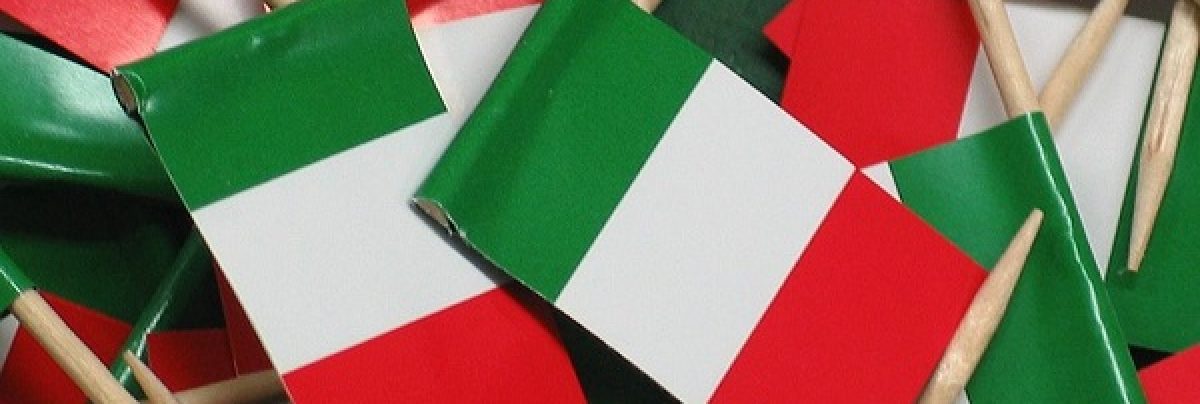 CALL FOR PAPER:
CALL FOR PAPER:
Compol n.1/2019: The 2018 Italian general election: between tradition and innovation
Editors:
Sara Bentivegna (Università di Roma La Sapienza),
Paolo Natale (Università degli Studi di Milano)
The 2018 general election has perhaps represented a turning point in Italian voting history: the electoral geography has radically changed and at the same time there seems to be a shift in one of the main dichotomies that had influenced the voting motivations during the so-called Second Republic: the one between Right and Left or, to put in other words, between Berlusconism and anti-Berlusconism.
In the aftermath of the March 4 vote there seems to be a sort of new two-party system in the making, one that could have an historical significance as the first step of a major turning point in Italian politics. There is in fact a chance that the structure of the political competition to come, with the traditional parties (such as the Democratic Party) and the so-called parties of the Leader (such as Forza Italia) in their declining days, will be configured according to unusual ways both on the supply and on the citizens’ demand sides.
In the past decade, the voters’ approach seems to have been changing significantly, especially with regard to two main interconnected aspects: the volatility of voting choices and their pragmatism. In a time when traditional subcultural affiliations to parties, typical of the First Republic, are long gone, and ideological reference points have been gradually declining – above all the strong opposition between Berlusconism and the Left’s world view – the citizens make voting choices that respond to two main factors: the feeling of otherness towards the political class and the demand for greater levels of social and economic security.
In a scenario that sees the previous electoral history – personal or collective – less and less significant, what becomes crucial for the voting choice are the contents of the new political proposals and their leaders’ ability to communicate them and impose them at the center of the public agenda. Within such an open electoral market, we must therefore ask ourselves which are the factors and communication styles that are more able of convincing the voters, which ones are more able of conveying an answer to the (expressed and latent) needs of Italian citizens, and which ones work better in the different territorial and social areas that make up the country.
In the light of these premises, the scientific contributions we are expecting to receive might deal with some of the following topics, the list of which is only illustrative and not exhaustive:
- the national and local dynamics of the electoral campaign
- the decisive causes of voting choices (communication, issues, accountability, etc.)
- the building of the public agenda and the multiplying of agendas
- the political communication of parties and their leaders’
- the online participation to the campaign
- the role of the media in the building of the opinion climate, with particular focus on fake news
- the role of social networks and echo chambers in voting choices
- the personalization of politics
The proposals (8,000 to 10,000 characters excluding bibliography) should describe the aims of the paper, the research hypotheses and the adopted methodology.
They will have to be sent by May, 31st 2018 to rivista@compol.it to sara.bentivegna@uniroma1.it and to paolo.natale@unimi.it.
Proposals will be selected by June 15th. Manuscripts are due by September 30th and they will undergo a double-blind peer-review process.

